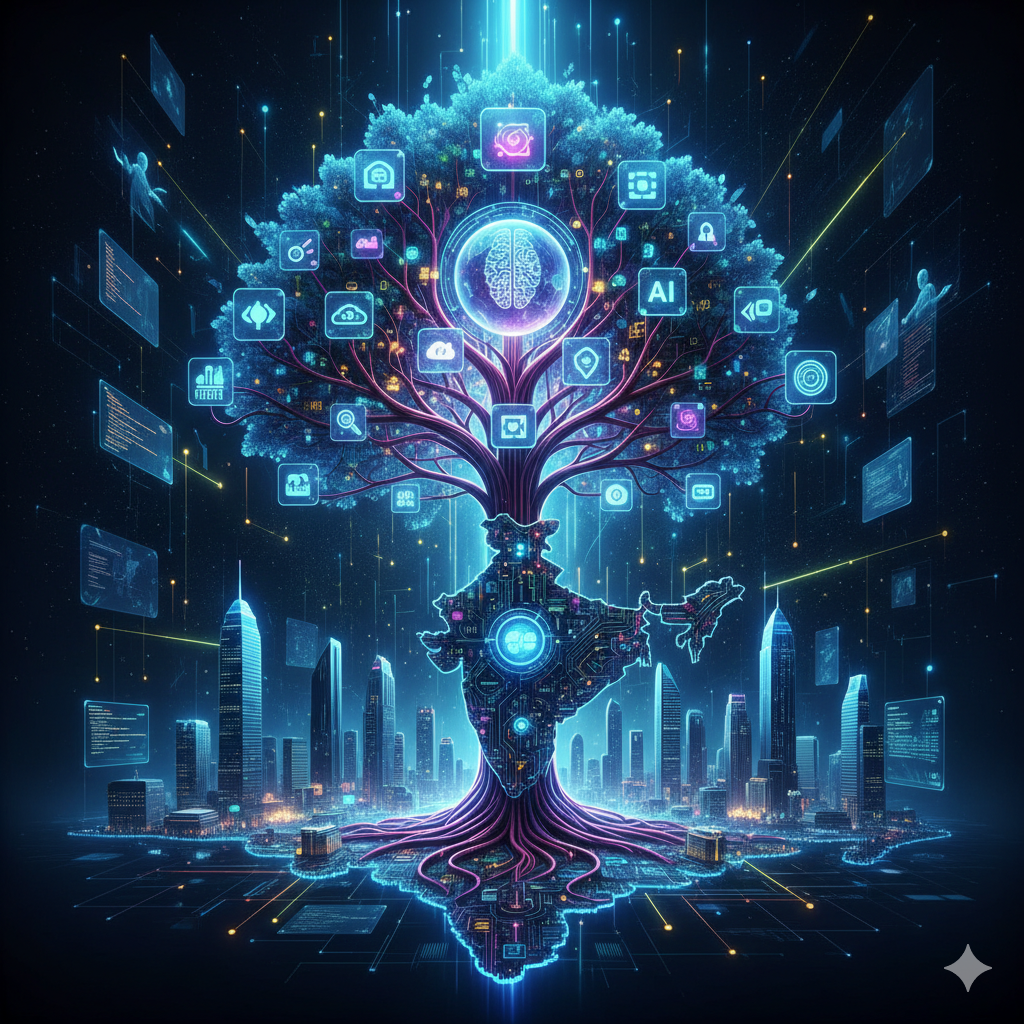Introduction
The 21st century has placed nations at the intersection of technology, governance, and economic transformation. In this context, the debate over whether India requires an Engineering Commission or an All India Engineering Service (AIES) has become more relevant than ever. India, with its growing dependence on large-scale infrastructure, digital systems, renewable energy, defense technologies, and innovations in AI, robotics, and biotechnology, cannot afford to ignore the role of technical expertise in governance.
Traditionally, India has relied on the generalist administrative model represented by the Indian Administrative Service (IAS). While generalists play an essential role in policy coordination and administration, the absence of a structured platform to harness engineering and technical talent within governance has led to inefficiencies, project delays, and underutilization of resources. The proposal for an Engineering Commission seeks to address this imbalance by formally recognizing technical professionals as key stakeholders in governance.
This debate also ties into the Viksit Bharat 2047 vision, which envisions India as a developed nation by its centenary of independence. Achieving this goal requires a rethinking of governance models, particularly in areas where technological expertise is indispensable.
The Need for an Engineering Commission
- Infrastructure-Driven Development
India’s future growth relies heavily on infrastructure—highways, smart cities, metro systems, renewable energy plants, irrigation networks, and industrial corridors. These projects require advanced technical knowledge, engineering foresight, and innovation. A dedicated Engineering Commission would ensure that policies and project designs are based on technical soundness rather than administrative assumptions. - Bridging the Gap Between Policy and Execution
While IAS officers oversee projects, the gap between policy design and technical implementation often leads to cost overruns and delays. For instance, multiple infrastructure projects in India face time and cost escalations due to inadequate technical scrutiny at the planning stage. Technical professionals in decision-making roles could significantly reduce these inefficiencies. - Recognizing Engineering Professionals in Governance
India produces over a million engineers annually, yet their role in governance and administration remains marginal compared to generalists. Establishing an Engineering Commission or an AIES would provide these professionals with structured pathways to influence policymaking and ensure that governance reflects both administrative and technical dimensions. - Global Precedents
Many countries, such as Japan, South Korea, and Germany, have integrated technical experts into government planning and execution bodies. Their rapid economic and industrial success demonstrates the importance of balancing technical expertise with administrative leadership.
Generalist vs. Specialist Debate in Indian Administration
The generalist-specialist debate has long been central to Indian public administration.
- Generalists (IAS/IPS officers)
- Provide coordination across departments.
- Bring administrative continuity.
- Possess adaptability to handle diverse responsibilities.
- Specialists (Engineers, Scientists, Medical Professionals, Economists)
- Offer deep domain expertise.
- Ensure accuracy in technical decision-making.
- Bring innovation and long-term planning insights.
Challenges in the Current Model
- Over-dependence on generalists often sidelines specialists.
- Specialists are consulted only at the execution stage, not during policy design.
- Administrative hierarchies prevent engineers and technical experts from influencing decisions at higher levels.
Thus, the demand for an Engineering Commission stems from the need to strike a balance between generalist coordination and specialist expertise.
Proposed Role of an Engineering Commission
- Policy Advisory Role
The Commission would advise the government on policies relating to infrastructure, renewable energy, water management, smart cities, manufacturing, and digital technologies. - Capacity Building
It would create frameworks for continuous upskilling of engineers in public administration, economics, and governance, bridging the gap between technical and policy perspectives. - Project Monitoring
The Commission could establish benchmarks for technical evaluation, reducing delays and ensuring quality in project execution. - Research and Innovation
By linking academia, industry, and government, the Commission would promote innovation in engineering for national development goals. - Recruitment via All India Engineering Service (AIES)
Similar to IAS or IFS, a structured service for engineers could ensure their integration at key decision-making levels. Recruitment could be through the Union Public Service Commission (UPSC) to maintain credibility.
Challenges in Establishing an Engineering Commission
- Institutional Resistance
Existing bureaucratic structures may resist reforms that dilute the dominance of generalist administrators. - Overlap of Responsibilities
The Commission must clearly define its role to avoid duplication of responsibilities with line ministries such as Power, Railways, and Infrastructure. - Ensuring Administrative Skills among Engineers
While engineers excel technically, they may lack training in governance, law, or public administration. This could limit their effectiveness unless capacity-building programs are implemented. - Resource Allocation
Establishing a new Commission and service requires significant funding, institutional frameworks, and political will. - Avoiding Fragmentation of Services
Creating too many specialized services could complicate coordination, creating silos rather than integration.
Engineering Leadership and Viksit Bharat 2047
The vision of Viksit Bharat 2047 emphasizes innovation, infrastructure, digital transformation, and sustainable growth. To achieve this, India requires a governance model that integrates engineering expertise into leadership roles.
Key Areas Where Engineering Leadership is Vital:
- Infrastructure & Smart Cities – Engineers can provide scalable, sustainable models for urban growth.
- Digital Transformation – Cybersecurity, AI governance, and digital public infrastructure need technical oversight.
- Energy Transition – From renewable energy expansion to nuclear safety, technical leadership is critical.
- Climate Resilience – Engineers are essential in designing flood control, drought mitigation, and environmental sustainability projects.
- Defense & Space – India’s future defense and space ambitions cannot rely solely on administrative decisions; they need engineering-driven leadership.
Way Forward
- Establishing the All India Engineering Service (AIES)
Recruitment through UPSC could provide engineers a formal pathway into policymaking roles, ensuring representation in national governance. - Hybrid Governance Models
Encourage collaboration between generalists and specialists through joint committees, co-leadership roles, and cross-training programs. - Capacity-Building for Engineers
Special training modules in public administration, economics, and law for engineers entering governance can bridge skill gaps. - Strengthening Technical Advisory Bodies
Empower bodies like the Central Public Works Department (CPWD), NITI Aayog’s technical arms, and DRDO by integrating them with the proposed Engineering Commission. - Pilot Projects
Before nationwide implementation, test the Commission’s model in sectors like renewable energy, digital infrastructure, and smart cities.
Conclusion
The call for an Engineering Commission and an All India Engineering Service reflects India’s recognition of the critical role of technical expertise in governance. While generalists remain essential for coordination and policy integration, specialists are equally necessary for technical precision, innovation, and sustainability.
As India moves toward its Viksit Bharat 2047 goals, the balance between administrative generalists and technical experts will determine the success of its developmental journey. An Engineering Commission, if designed carefully, can provide the missing link between policy intent and technological execution, ensuring that India’s governance model is equipped to meet the demands of a rapidly evolving, technology-driven world.




